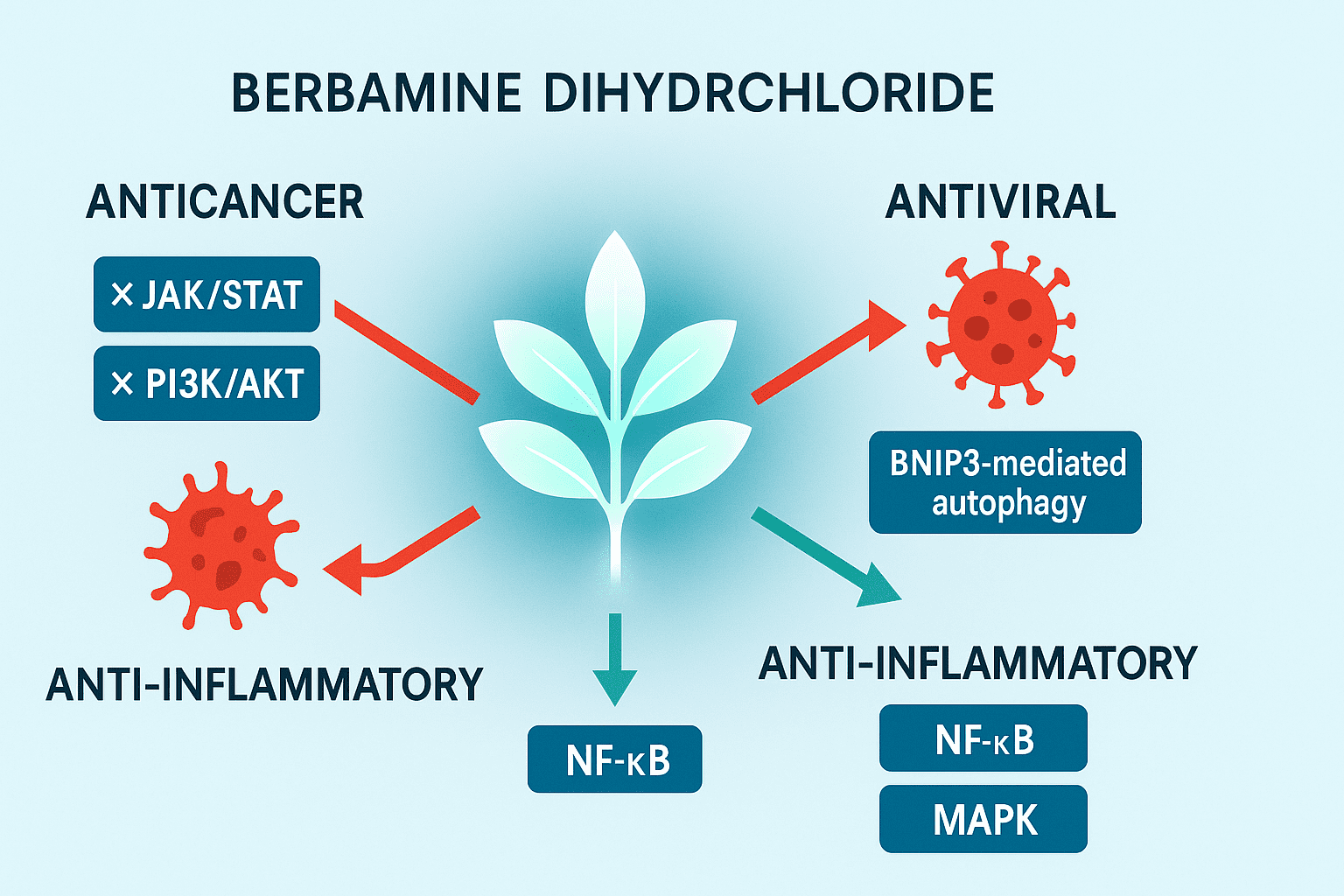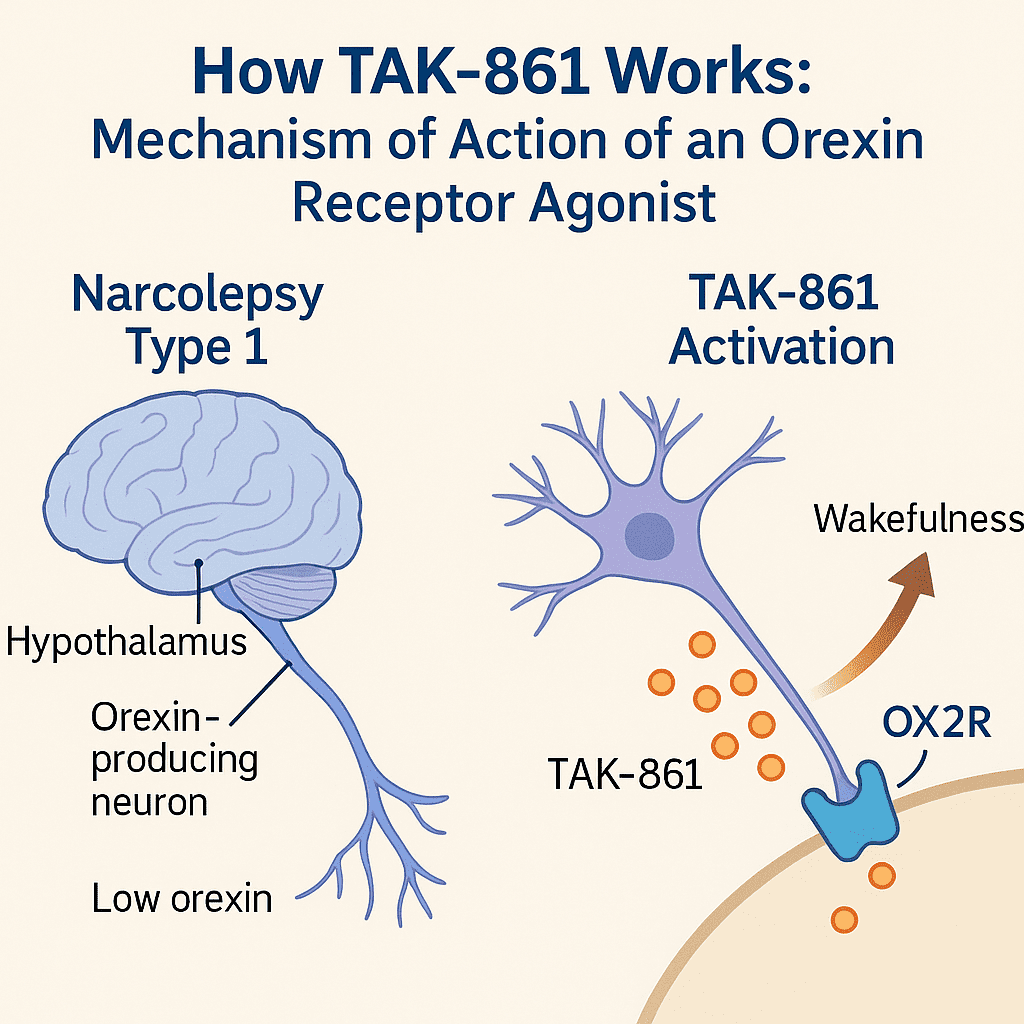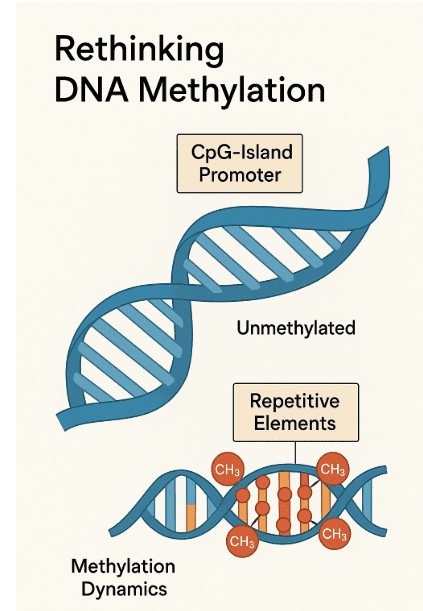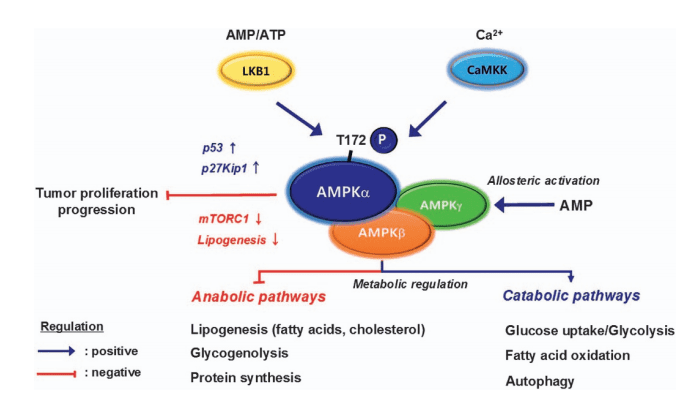Bempedoic Acid: A Breakthrough in Cholesterol Management
Abstract
Bempedoic Acid is an innovative non-statin cholesterol-lowering drug that has garnered attention for its significant reduction of low-density lipoprotein cholesterol (LDL-C) and its anti-inflammatory effects. This drug works by inhibiting ATP citrate-lyase, an enzyme upstream of cholesterol synthesis, and is converted to its active form in the liver, minimizing muscle-related side effects. Clinical trials have demonstrated its efficacy in lowering LDL-C, particularly in patients who are intolerant to statins. Additionally, Bempedoic Acid has shown promise in reducing high-sensitivity C-reactive protein (hsCRP) levels and improving glycemic control. Our company provides high-quality Bempedoic Acid, along with related impurities, metabolites, isotope-labeled compounds, and building blocks, supporting advanced pharmaceutical research with custom synthesis services and expert technical support.
Introduction to Bempedoic Acid
Bempedoic Acid is a groundbreaking non-statin cholesterol-lowering medication that has emerged as a vital tool in the management of cardiovascular health. Unlike traditional statins, Bempedoic Acid provides an alternative pathway to reduce low-density lipoprotein cholesterol (LDL-C), addressing the needs of patients who may experience adverse effects from statin therapy. By inhibiting ATP citrate-lyase, an enzyme critical in the cholesterol synthesis pathway, Bempedoic Acid effectively lowers LDL-C levels, contributing to improved cardiovascular outcomes.
The management of LDL cholesterol is crucial for reducing the risk of atherosclerotic cardiovascular disease (ASCVD), which remains a leading cause of morbidity and mortality worldwide. Elevated LDL-C is a significant risk factor for the development of ASCVD, leading to plaque formation in arteries, which can result in heart attacks and strokes. Therefore, achieving optimal LDL-C levels is a primary goal in cardiovascular risk management.
Clinical studies have demonstrated the efficacy of Bempedoic Acid in significantly lowering LDL-C levels. A single daily dose of Bempedoic Acid can reduce LDL-C by approximately 24.5% when used as monotherapy and by up to 40% when combined with other lipid-lowering agents like ezetimibe. Additionally, Bempedoic Acid has shown the ability to reduce high-sensitivity C-reactive protein (hsCRP), an inflammatory marker associated with cardiovascular risk.
One of the most notable benefits of Bempedoic Acid is its favorable safety profile, particularly concerning muscle-related side effects, which are common with statins. Since Bempedoic Acid is converted to its active form primarily in the liver and not in skeletal muscles, the risk of myalgia and myopathy is significantly reduced. This makes Bempedoic Acid an attractive option for patients who are statin-intolerant or for those who require additional LDL-C lowering beyond what statins can achieve.
In conclusion, Bempedoic Acid represents a significant advancement in the field of lipid-lowering therapy. Its unique mechanism of action, combined with its efficacy and safety, makes it a valuable addition to the arsenal of treatments available for managing cardiovascular health.
Mechanism of Action
Bempedoic Acid operates through a distinct mechanism compared to traditional statins, making it a crucial addition to lipid-lowering therapies. Its primary action involves the inhibition of ATP citrate-lyase (ACLY), a cytosolic enzyme critical in the biosynthesis of cholesterol. By targeting ACLY, Bempedoic Acid disrupts the production of acetyl-CoA, a precursor necessary for cholesterol synthesis, ultimately leading to reduced levels of low-density lipoprotein cholesterol (LDL-C).
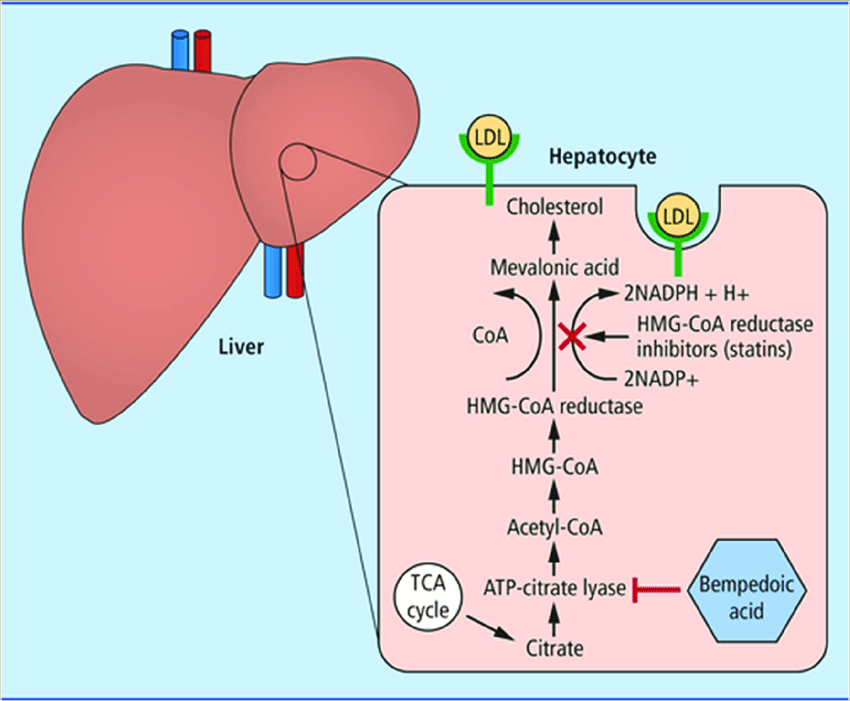
Upon oral administration, Bempedoic Acid acts as a prodrug that is converted to its active form, bempedoyl-CoA, by very-long-chain acyl-CoA synthetase 1 (ACSVL1) primarily in the liver. This tissue-specific activation is advantageous as it confines the drug’s activity to the liver, minimizing the risk of muscle-related side effects often associated with statins. Consequently, patients intolerant to statins due to myalgia or myopathy find Bempedoic Acid a well-tolerated alternative.
The inhibition of ACLY by Bempedoic Acid decreases the availability of acetyl-CoA for the mevalonate pathway, which is essential for cholesterol synthesis. This reduction in cholesterol synthesis results in an upregulation of LDL receptors on hepatocytes, enhancing the clearance of LDL-C from the bloodstream. Clinical studies have shown that a daily dose of Bempedoic Acid can reduce LDL-C by approximately 24.5% when used alone and by up to 40% when combined with ezetimibe.
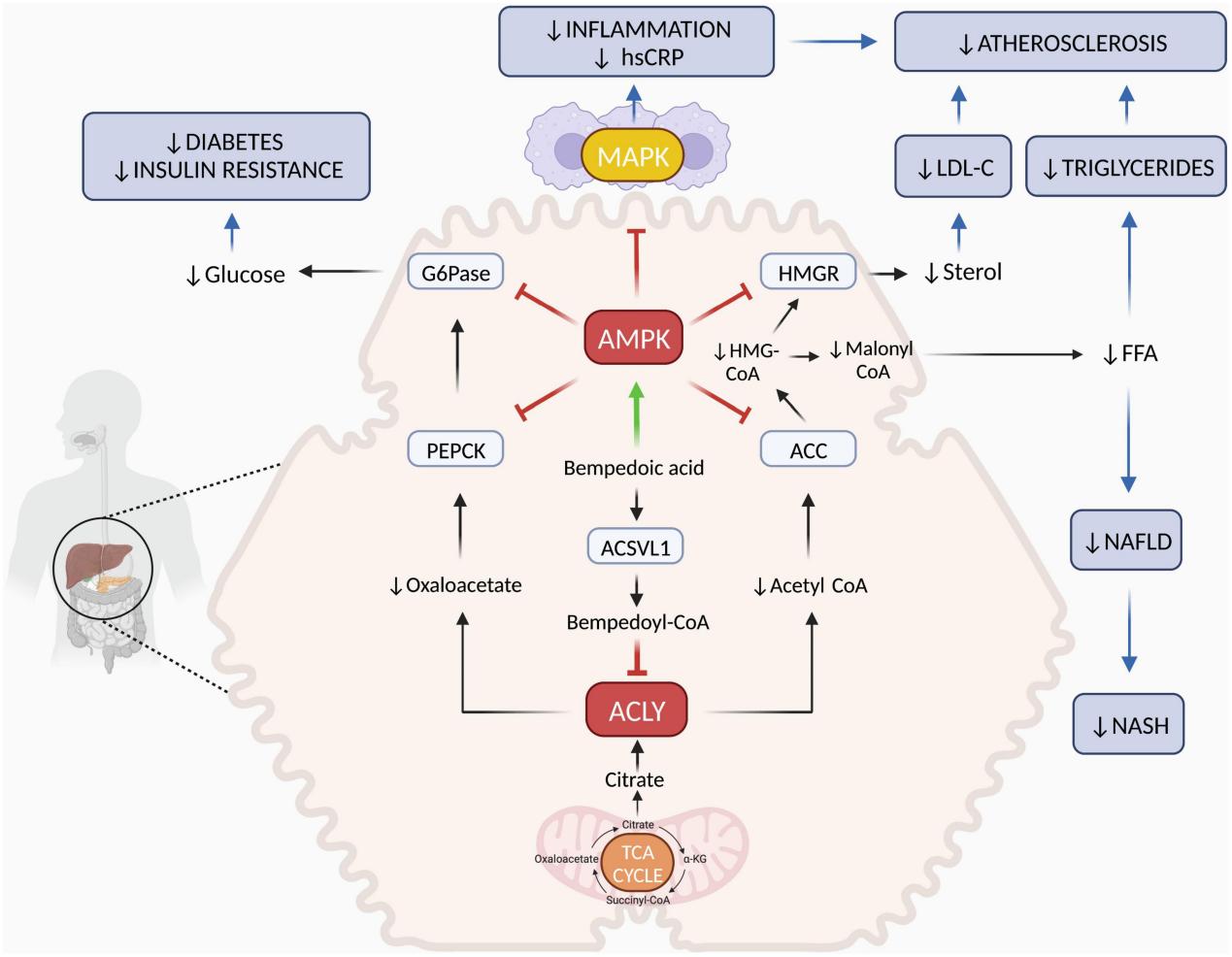
Furthermore, Bempedoic Acid has demonstrated anti-inflammatory properties by reducing high-sensitivity C-reactive protein (hsCRP) levels. Elevated hsCRP is a marker of inflammation and is associated with increased cardiovascular risk. By lowering hsCRP, Bempedoic Acid not only reduces LDL-C but also contributes to mitigating inflammation, offering a dual benefit in cardiovascular risk management.
Clinical Benefits
Bempedoic Acid offers substantial clinical benefits as a non-statin lipid-lowering therapy, particularly for patients with hypercholesterolemia and those who are statin-intolerant. Clinical trials have shown that Bempedoic Acid effectively reduces low-density lipoprotein cholesterol (LDL-C) levels and provides additional cardiovascular benefits.
A key advantage of Bempedoic Acid is its ability to significantly lower LDL-C levels. Studies indicate that when administered as monotherapy, Bempedoic Acid can reduce LDL-C by approximately 24.5%. When combined with ezetimibe, another lipid-lowering agent, the reduction in LDL-C can reach up to 40%. This makes Bempedoic Acid an essential option for patients who require further LDL-C reduction beyond what statins alone can achieve.
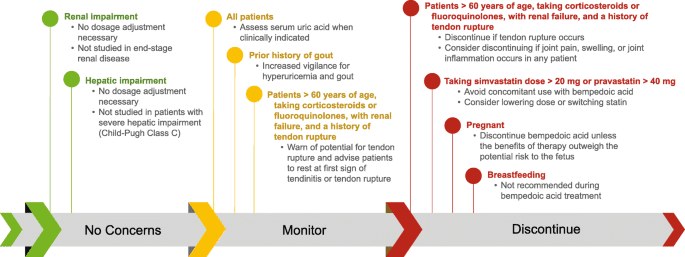
In addition to lowering LDL-C, Bempedoic Acid also exhibits anti-inflammatory properties. It has been shown to reduce high-sensitivity C-reactive protein (hsCRP) levels, an inflammatory marker associated with increased cardiovascular risk. Elevated hsCRP levels are linked to a higher incidence of cardiovascular events, and reducing these levels can contribute to improved cardiovascular outcomes. Bempedoic Acid’s dual action of lowering both LDL-C and hsCRP offers a comprehensive approach to managing cardiovascular risk.
Another significant benefit of Bempedoic Acid is its favorable safety profile. Unlike statins, which can cause muscle-related side effects such as myalgia and myopathy, Bempedoic Acid’s liver-specific activation minimizes these risks. This is particularly beneficial for patients who are intolerant to statins due to muscle-related adverse effects. The selective activation of Bempedoic Acid in the liver ensures effective LDL-C reduction without compromising muscle health.
Clinical trials have further demonstrated the efficacy and safety of Bempedoic Acid. The CLEAR Harmony, CLEAR Wisdom, and CLEAR Serenity trials have all shown significant LDL-C reductions with Bempedoic Acid treatment, along with a well-tolerated safety profile. These trials highlight the drug’s potential to improve lipid profiles and reduce cardiovascular risk in diverse patient populations.
In conclusion, Bempedoic Acid offers substantial clinical benefits for patients with hypercholesterolemia, especially those who are statin-intolerant. Its ability to significantly lower LDL-C and hsCRP levels, combined with its favorable safety profile, makes it a valuable addition to the arsenal of lipid-lowering therapies.
Applications and Usage
Bempedoic Acid is a versatile lipid-lowering agent with broad applications in the management of hypercholesterolemia, particularly for patients who require additional LDL-C reduction or are intolerant to statins. Its unique mechanism of action and favorable safety profile make it suitable for various therapeutic regimens, offering flexibility in treating patients with diverse lipid management needs.
One primary application of Bempedoic Acid is its use as an adjunct therapy for patients who do not achieve sufficient LDL-C reduction with statins alone. Clinical studies have demonstrated that combining Bempedoic Acid with statins can significantly enhance LDL-C lowering effects. When used in combination with statins, Bempedoic Acid provides an incremental LDL-C reduction, which is crucial for patients at high risk of cardiovascular events who require more aggressive lipid-lowering strategies. For example, combining Bempedoic Acid with ezetimibe, another non-statin lipid-lowering agent, has been shown to reduce LDL-C levels by up to 40%.
Bempedoic Acid is particularly beneficial for patients who are statin-intolerant. Statin intolerance, often due to muscle-related side effects such as myalgia and myopathy, limits the use of statins in some patients. Bempedoic Acid, with its liver-specific activation, minimizes these muscle-related side effects, providing a well-tolerated alternative for achieving LDL-C reduction. This makes it an essential option for patients who are unable to tolerate even low doses of statins.
Furthermore, Bempedoic Acid has shown promise in reducing inflammation, as evidenced by its ability to lower high-sensitivity C-reactive protein (hsCRP) levels. Elevated hsCRP is associated with increased cardiovascular risk, and reducing these levels can further enhance cardiovascular outcomes. This dual benefit of LDL-C reduction and anti-inflammatory effects positions Bempedoic Acid as a comprehensive therapy for managing cardiovascular risk.
In terms of practical usage, Bempedoic Acid is administered as a once-daily oral tablet, either as monotherapy or in combination with other lipid-lowering agents. This convenience in dosing supports patient adherence, which is crucial for achieving long-term cardiovascular benefits.
Our company supplies high-quality Bempedoic Acid and related chemicals, including impurities, metabolites, isotope-labeled compounds, and building blocks, supporting advanced pharmaceutical research. We also offer custom synthesis services and technical support, ensuring that researchers and clinicians have access to the necessary tools for innovative therapeutic development.
Our Products and Services
Our company is dedicated to supplying high-quality Bempedoic Acid and a wide range of related chemical products to support advanced pharmaceutical research and development. We offer a comprehensive selection of impurities, metabolites, isotope-labeled compounds, and building blocks essential for various research applications.
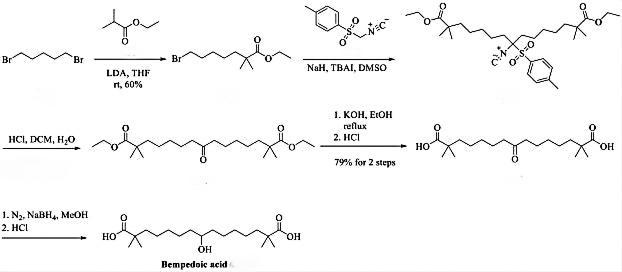
Bempedoic Acid is just one of the many specialized products we provide. Our inventory is designed to meet the diverse needs of researchers and clinicians striving to develop innovative therapies for hypercholesterolemia and cardiovascular diseases. Our products are manufactured under strict quality control standards, ensuring reliability and consistency for your experimental needs.
In addition to our extensive product offerings, we provide custom synthesis services tailored to your specific research requirements. Our experienced team of chemists and technical experts is committed to delivering customized solutions that enhance your research capabilities. Whether you need a unique compound synthesized or require technical support for your projects, we are here to assist you.
By choosing our company as your chemical supplier, you gain access to a reliable partner dedicated to advancing pharmaceutical research. We strive to support your work by providing high-quality products, exceptional service, and expert technical support to help you achieve your research goals.
Reference
- Ruscica, M., Sirtori, C. R., Carugo, S., Banach, M., & Corsini, A. (2022). Bempedoic acid: for whom and when. Current Atherosclerosis Reports, 24(10), 791-801.
- Banach, M., Duell, P. B., Gotto, A. M., Laufs, U., Leiter, L. A., Mancini, G. J., … & Catapano, A. L. (2020). Association of bempedoic acid administration with atherogenic lipid levels in phase 3 randomized clinical trials of patients with hypercholesterolemia. JAMA cardiology, 5(10), 1124-1135.
- Ballantyne, C. M., Banach, M., Bays, H. E., Catapano, A. L., Laufs, U., Stroes, E. S., … & Ray, K. K. (2022). Long-term safety and efficacy of bempedoic acid in patients with atherosclerotic cardiovascular disease and/or heterozygous familial hypercholesterolemia (from the CLEAR Harmony Open-Label Extension Study). The American journal of cardiology, 174, 1-11.
- Rubino, J., MacDougall, D. E., Sterling, L. R., Hanselman, J. C., & Nicholls, S. J. (2021). Combination of bempedoic acid, ezetimibe, and atorvastatin in patients with hypercholesterolemia: a randomized clinical trial. Atherosclerosis, 320, 122-128.

